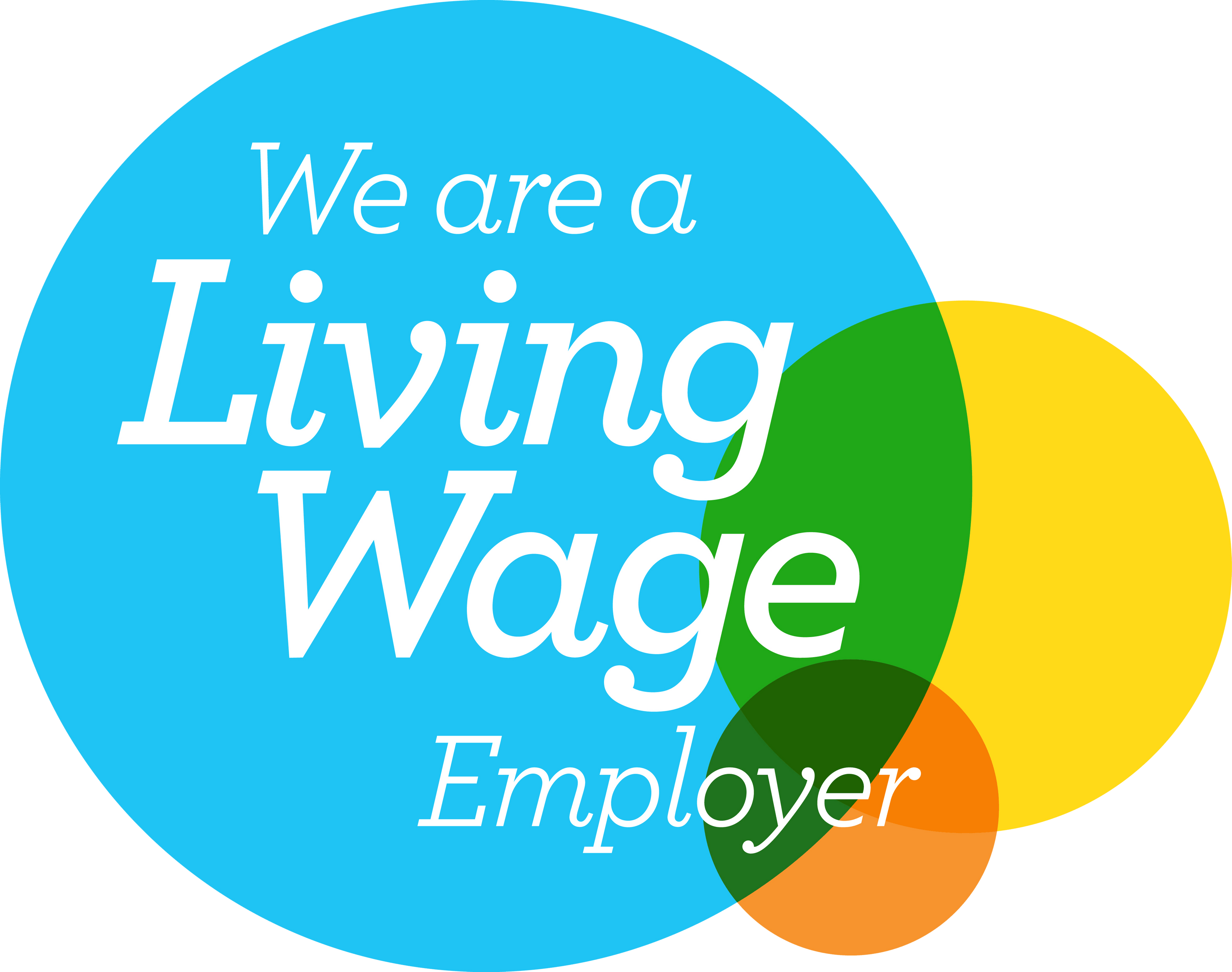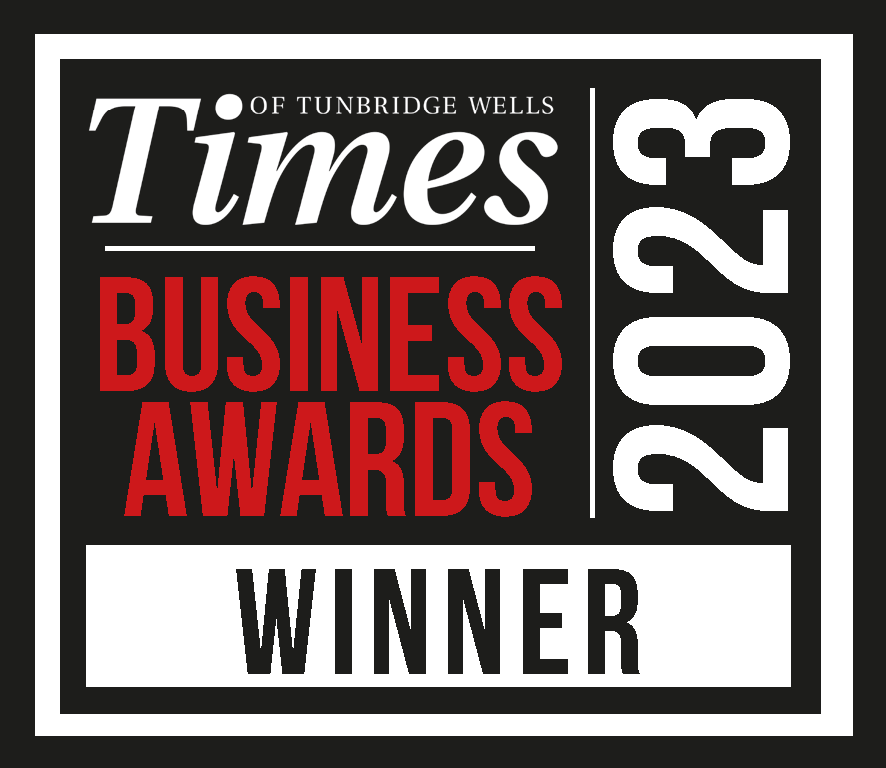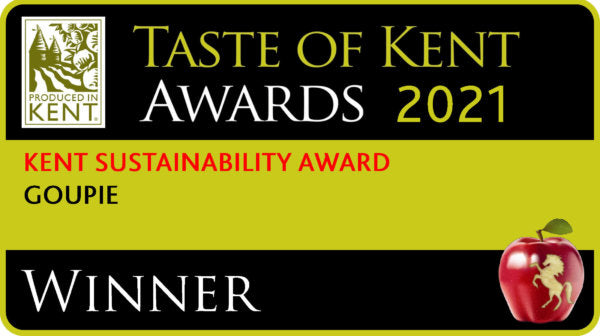It's coming up on a year since we went through the process of accrediting Goupie with Net Zero Now, and as we come up to that milestone, we wanted to reflect on the process. First, let us say, this is by no means a direct criticism, or endorsement, of Net Zero Now as a company. Rather, it's an honest interpretation of how the process was for us, as a small manufacturing business.
Since starting our business, but especially over the past 6/7 years, we've been interested in making sure that our business was working as sustainably as possible. We've altered recipes, switched suppliers and amended processes. As a small business, we have limited resources in terms of money, information and time. It's very rare that any of our improvements have led to financial savings, and they've almost always required hours of research using imperfect information until we've tied ourselves in knots trying to distinguish the greenwash from the genuine.
Despite this, we're pretty proud of all the changes we have been able to make, and we feel confident that we've done everything in our power to make the best decisions. We're more than aware, that some of those decisions might turn out to have been mistakes in hindsight, but you can only work with the information in front of you at the time and be prepared to adapt to the evolving landscape!
Having hit a bit of a wall in our own progress, struggling to find solutions for the few remaining 'problems' left, we thought it was about time we started truly measuring our impact. Our hope was, this would shed light in places we'd not thought to look, or provide us with a clear new direction in which to head. It's not as if we hadn't looked at collecting data in the past, but it's a messy task, and with assistance often incredibly expensive. Honestly, we'd been skeptical in the past that it would be worth the financial investment, but we hadn't managed to carve the time to properly go through the process by ourselves.
When this opportunity, through Amplifi TW, with Net Zero Now came up we decided we just had to give it a try. We'd swallow the cost which had been substantially discounted, and we'd accept the help. We can't be experts in everything, and there was surely something we were missing. We didn't want to fall behind because we didn't have all the facts, and more importantly, we didn't want to spend any more time missing a potentially glaring issue we hadn't identified yet.
The certification was extensive. It totalled our carbon emissions in every aspect of our business. Or, it sort of did. It's difficult to find a one-size-fits-all calculator. Every business has different suppliers for multiple products, packaging and sundries. Producers don't supply readily available carbon accounting information and so almost all of this is estimated through aggregate data.
Don't get us wrong, this gives a great starting point to understand where your weaknesses may lie. We understand why the accreditation systems use this method, and it's probably better than having no clue at all, but it did leave us feeling a little hopeless.
As an example, the home-compostable packaging we were paying 4x more for than our previous, recyclable, PP bags fell into the same category of carbon production. Just one example of how a decision we'd pain-staked over for literal years, and spend £1000s on, and on a sustainability calculator it didn't even register. We'd hope for either confirmation of the difference it was making, or proof that it wasn't the right call and we were better off reverting to our original packaging. Pooling this all into one type of emission was frankly deflating.
On the positive, signing up and financially investing in the accreditation, did mean that we finally went through every single emission factor within our business. We trawled through a years worth of invoices, separated every purchase, calculated the milage of every employee and examined our deliveries. The third party check, also meant that we were able to identify a miscalculation, and feel confident that the calculation was correct.
To truly make this process worth it, really you need a few years of comparative data. You need to be making changes, and then measuring their impact. This had been the original goal. Suggestions were made once we finished our accreditation, and eagerly we looked through them, keen to make as many of the changes as we could. This is where the whole system fell short for us. Not a single suggestion was actionable by us. This isn't Net Zero Now's fault - they were valid suggestions.
The problem we had was primarily that we didn't have autonomy of our premises. We needed permission to make most of the changes with regards to energy supply and insulation which we had already attempted to get and failed. The other suggestions asked for replacements to vehicles and air con units. Not only do we not have the budget for this, but our existing units are working perfectly fine. A brand new product couldn't possibly be the best solution on a life-cycle analysis. We'd have to wait and replace these as needed. Again, this had already been our plan.
Overall, the suggestions highlighted the issue with this system of accreditation. It wasn't going into the micro-details enough. Again, this isn't their fault. Gathering the data required to do this properly is near-impossible. You'd need separate carbon calculations from every single supplier, multiple for each product. We're simply not there yet!
We came to the conclusion that for us, paying for an accreditation like this just felt like a marketing exercise, and that really wasn't the reason we'd committed. There will be many companies who are able to use these calculations and make some significant changes in their enterprise, but we aren't one of those just yet. We're probably better off investing that accreditation sum into some form of offsetting, or saving it for a more efficient piece of machinery when we inevitably need to replace something.
Was it a waste of money? Absolutely not, we learnt a lot, and have been able to use this experience to shape our next moves. Do we hope that one day all products will be individually accredited? Absolutely, and we'll be waiting for that day patiently!






